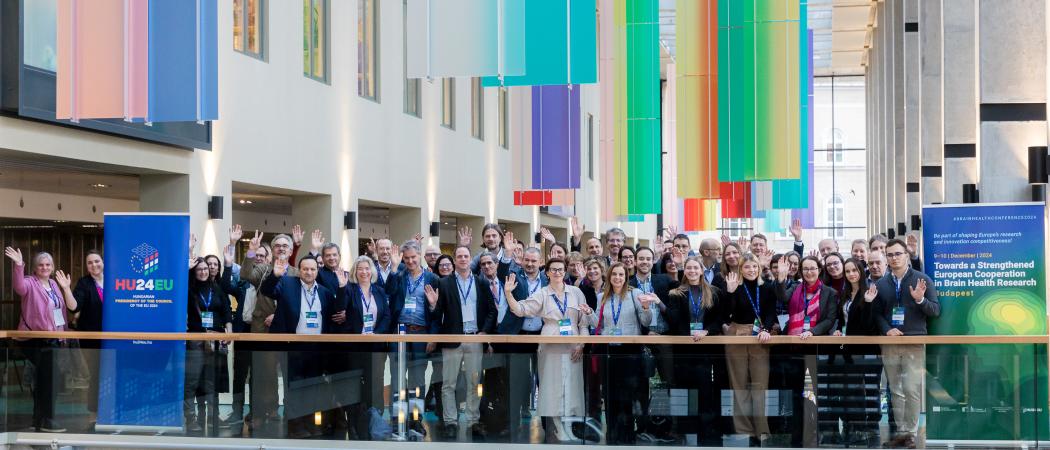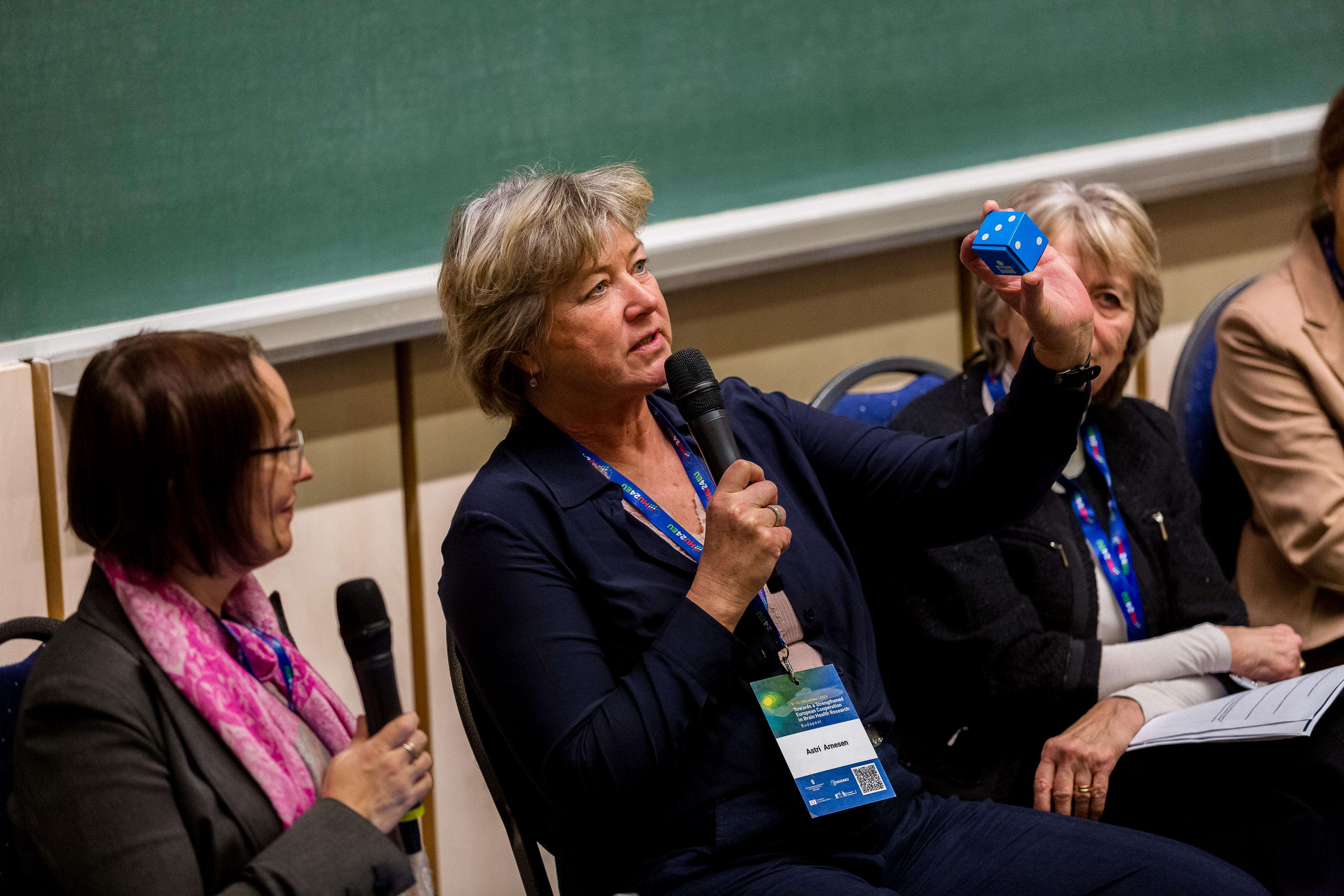Conference hears EU experts call for cultural change to address brain-related health issues

Achieving new breakthroughs in treating some of the most complicated and debilitating human health conditions will require versatile funding, stronger research partnerships and more inclusive science, according to leading experts on brain-related diseases. In the EU, one-in-three people are affected by brain-related health issues, according to the European Commission, while the OECD estimates that 9% of those over age 70 are diagnosed with Alzheimer’s disease or dementia, and the incidence is likely to grow due to current social, environmental and demographic factors.
“There is a huge gap between the burden of disorders and treatment for conditions such as major depression,” Francesca Cirulli, research director of the Istituto Superiore di Sanità’s Centre for Behavioural Sciences and Mental Health in Rome, told stakeholders gathered at the Towards Strengthened European Cooperation in Brain Health Research Conference. “In 2024, we are really far away from having reached a decent level of care and treatment for patients,” she added, calling for “more global, equitable research.”
At the conference in Budapest, which was organised by Hungary’s National Research Development and Innovation Office (NRDIO), Cirulli also cited the need for a “cultural change” so that researchers share data and expertise even when projects fail to meet their objectives.
Supported by the European Commission, the conference was part of the Hungarian EU presidency’s efforts to shed light on the widespread impact of brain-related health issues, and promote pioneering medical research and innovation as a way to boost Europe’s global competitiveness.
New effort to strengthen collaboration
While calling for more robust collaboration on exchanging information, conference participants acknowledged this works in theory, but not always in practice. “There is a huge problem that people who are doing basic research do not understand what clinical researchers are doing,” noted János Réthelyi, director of the Department of Psychiatry and Psychotherapy at the Semmelweis University Faculty of Medicine, the event venue. The brain is a complicated organ and so are the cognitive, behavioural and many other conditions associated with it. European researchers also face a Catch-22 when it comes to financing — EU funding applications are time- and labour-intensive, and rejection can doom studies.

The two-day conference provided the opportunity to showcase the evolving European Partnership for Brain Health. Astri Arnesen, president of the European Federation of Neurological Associations (EFNA), said in an interview that the Partnership opens the door to better research coordination and translating that into improved care for people with chronic conditions. Using the example of Huntington’s Disease, an inherited condition that causes progressive deterioration of the brain cells, she outlined the need for better treatment. “We have a lot of knowledge about how to manage the disease as best as possible. But it's not coming into practice. It doesn’t reach the patients. This aspect of implementation and translation of the research is extremely important, and only a coordinated plan can make sure that we do that as best as possible.”
Focusing on patients and families
For those who deal daily with patients and their families, better communication between the diverse stakeholders would be a major step in efforts to improve the quality of brain health science and care.
“Researchers or doctors know the background of a disease or how to diagnose or how to treat it,” Tünde Koltai, president of the Hungarian Alliance of Patient Organisations, said in an interview. “But on the practical side, you can only understand that by living with a chronic disease for years. If the researcher doesn't know the expectations of the patient, they will never never get a perfect result — or the result could be perfect, but it will not be used by the patient because it is not useful for them.”
Strengthening the bonds between scientist and patient can be difficult on several fronts. Especially at the early stages of studies, researchers want scientific, not anecdotal evidence. Funding can also be an obstacle if projects lack money to compensate patients for their time and travel costs. “There are barriers and limitations from the patient side, too,” Koltai explained, citing stigmatisation as a major issue. “People don’t want to disclose information about their condition, sometimes even to their family members.”
Caring for patients can also take a toll on families. Yet Koltai said there can be a disconnect between health systems paying for patient care and the social services available for loved ones. “You have two different ministries with two different budgets and there is no communication between the two,” she said, adding that while health and social care are national responsibilities, creating more awareness at the EU level could lead to remedies.
Borbála Schenk, NRDIO’s head of the international affairs department, hopes the discussions in Budapest will create a “critical mass” for joint action. “We wanted to use the conference to take stock of what has been achieved in brain health research and ways to strengthen European cooperation,” she explained.





 A unique international forum for public research organisations and companies to connect their external engagement with strategic interests around their R&D system.
A unique international forum for public research organisations and companies to connect their external engagement with strategic interests around their R&D system.